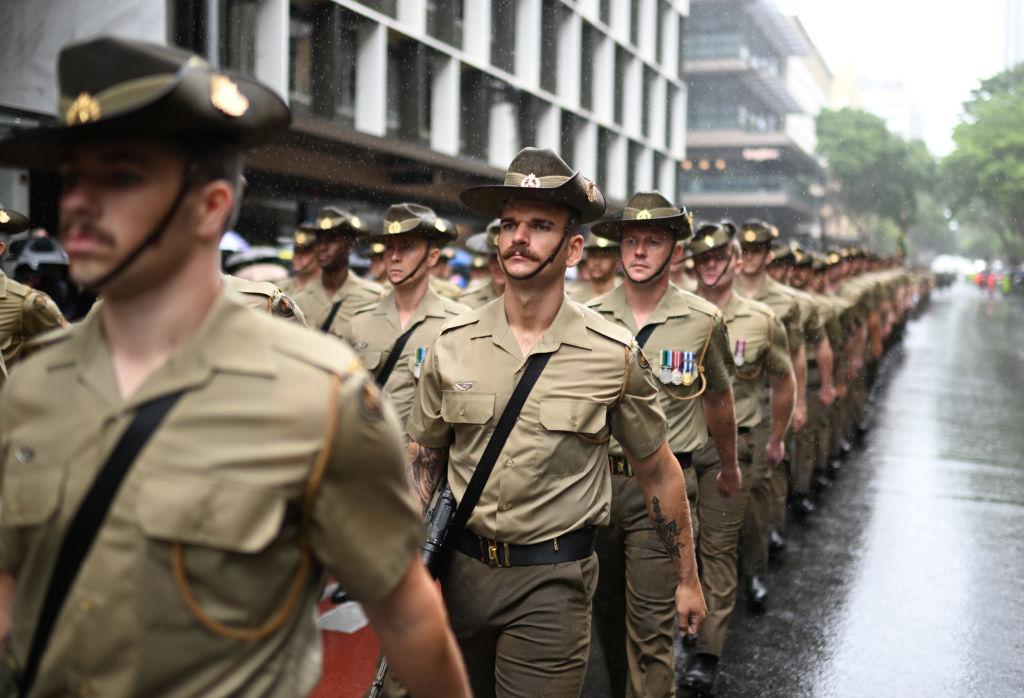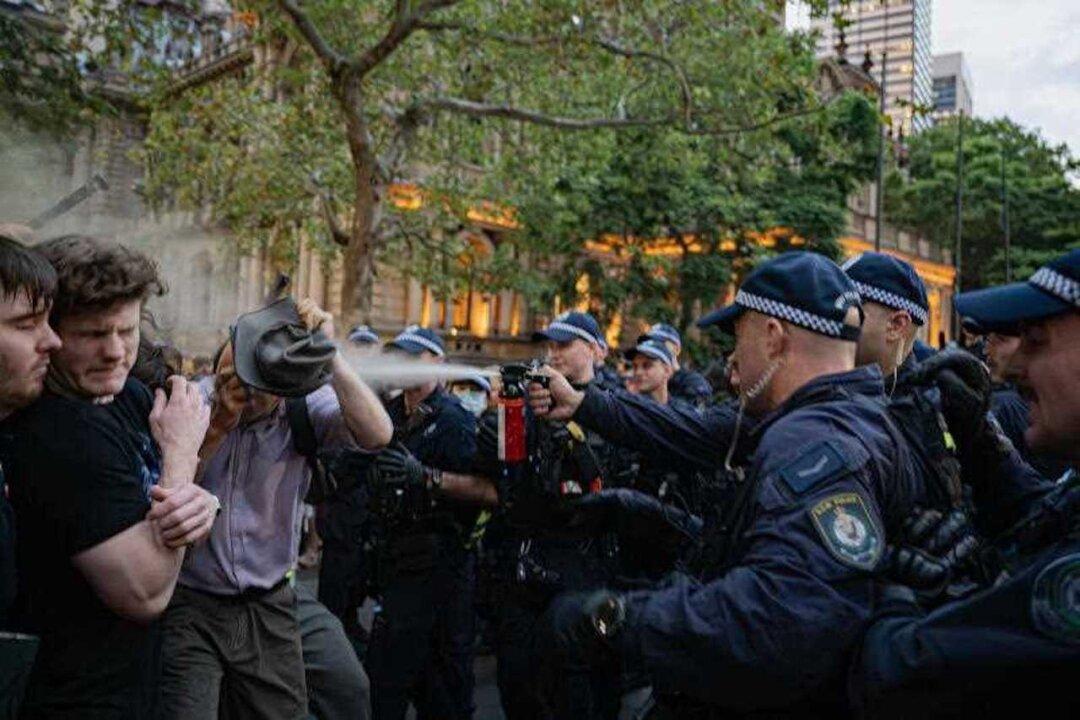Defence force veterans will be able to access a new form of accelerated treatment for post-traumatic stress disorder (PTSD) following Australia-first research.
The treatment will allow for exposure therapy for veterans to take place over an intensive two-week period, rather than the standard weekly treatment over 10 weeks.





